Scientists have developed an artificial neuron that could help build compact, energy-efficient computers inspired by the human brain. The breakthrough, published in the journal Nature, marks a significant step towards creating more efficient and sustainable computing systems.
According to the study, the artificial neuron, developed by a team of researchers led by Dr. R. Zhao, replicates several key functions of a biological neuron, including signal transmission and processing. The electronic imitator uses a novel design that reduces energy consumption by up to 90% compared to traditional computing systems. "Our goal is to create a computer that is as efficient as the human brain, but without the energy requirements," said Dr. Zhao in an interview. "This could have a significant impact on the way we design and build computers in the future."
The development of artificial neurons has been a long-standing challenge in the field of artificial intelligence. Biological neurons are highly efficient and adaptable, but they are also complex and difficult to replicate. The new design uses a combination of electronic and optical components to mimic the behavior of biological neurons. "This is a major breakthrough in the field of neuromorphic computing," said Dr. J. Kim, a leading expert in the field. "The potential applications are vast, from more efficient computers to more advanced artificial intelligence systems."
The implications of this breakthrough are significant. As computing systems become increasingly energy-intensive, the need for more efficient designs is growing. The development of artificial neurons could help reduce energy consumption and greenhouse gas emissions, while also enabling the creation of more advanced artificial intelligence systems. "This is a critical step towards creating more sustainable computing systems," said Dr. Zhao. "We are excited to see where this technology will take us in the future."
The study, published in Nature, is the result of a collaboration between researchers from several institutions, including the University of California and the Massachusetts Institute of Technology. The team used a combination of experimental and theoretical approaches to develop the artificial neuron. The results of the study have been met with excitement and anticipation in the scientific community, with many experts hailing the breakthrough as a major step forward in the field of artificial intelligence.
As the field of artificial intelligence continues to evolve, the development of artificial neurons is likely to play a critical role. The technology has the potential to enable the creation of more efficient and sustainable computing systems, while also advancing the field of artificial intelligence. The next step will be to scale up the technology and apply it to more complex systems. "We are already working on applying this technology to more advanced artificial intelligence systems," said Dr. Zhao. "The possibilities are endless, and we are excited to see where this technology will take us in the future."
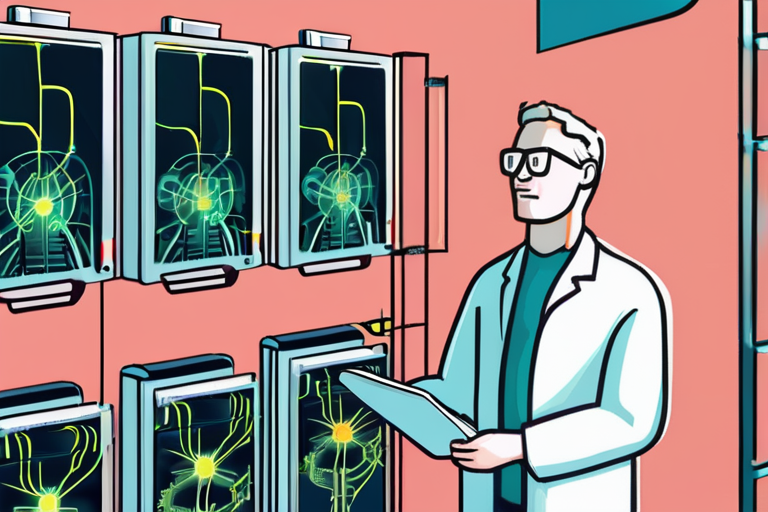


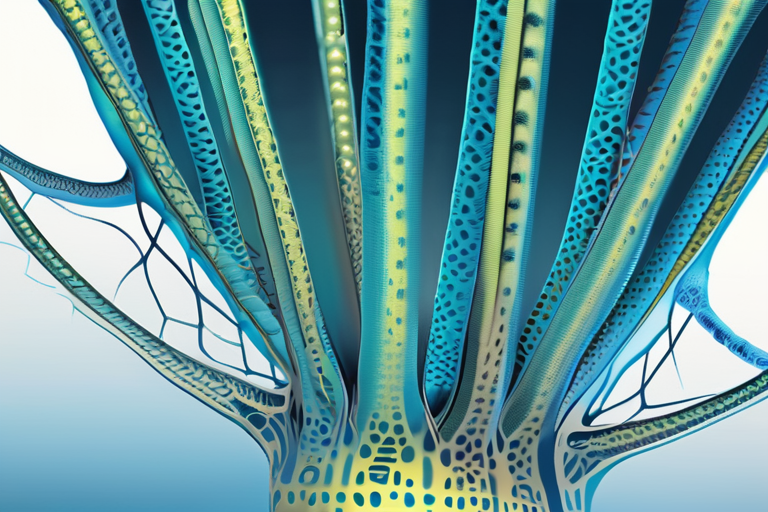
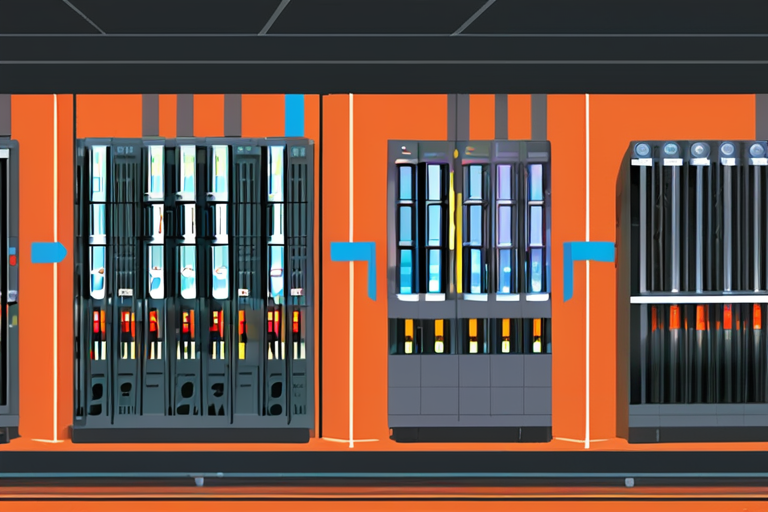
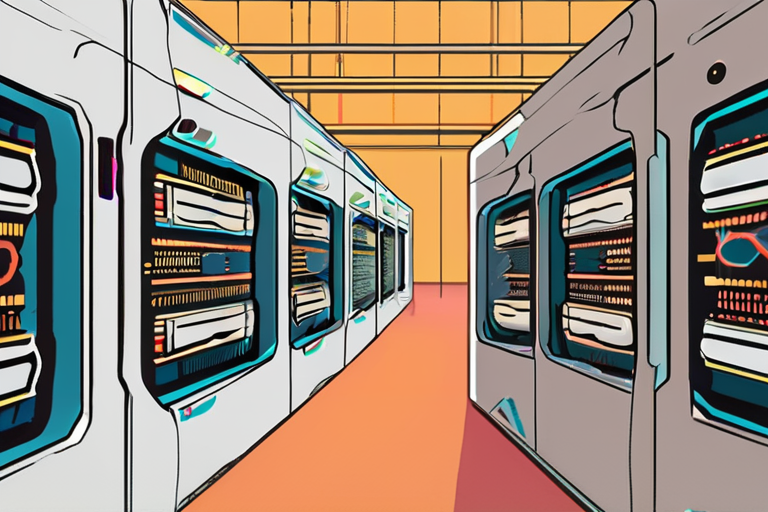
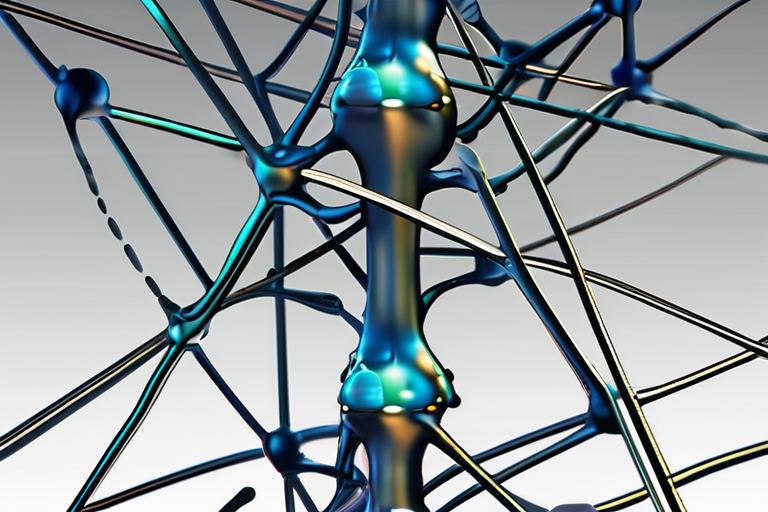
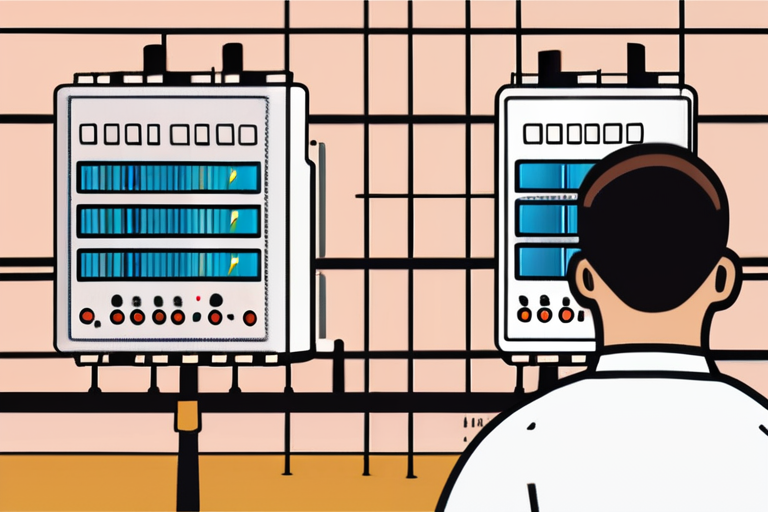

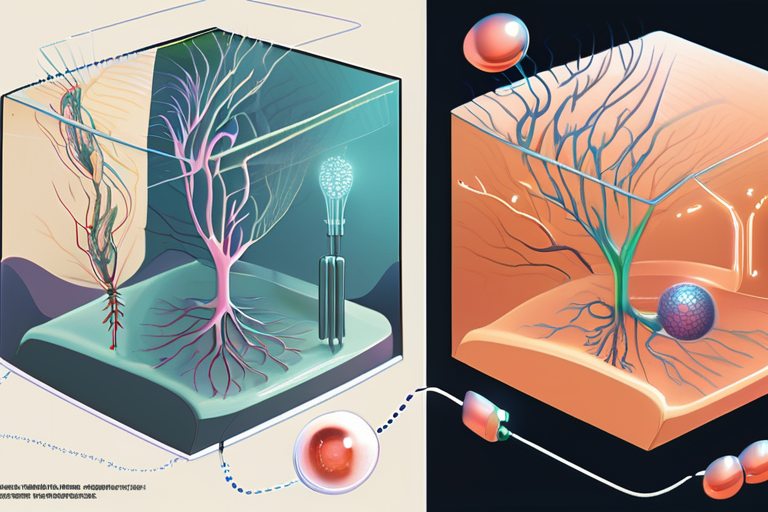


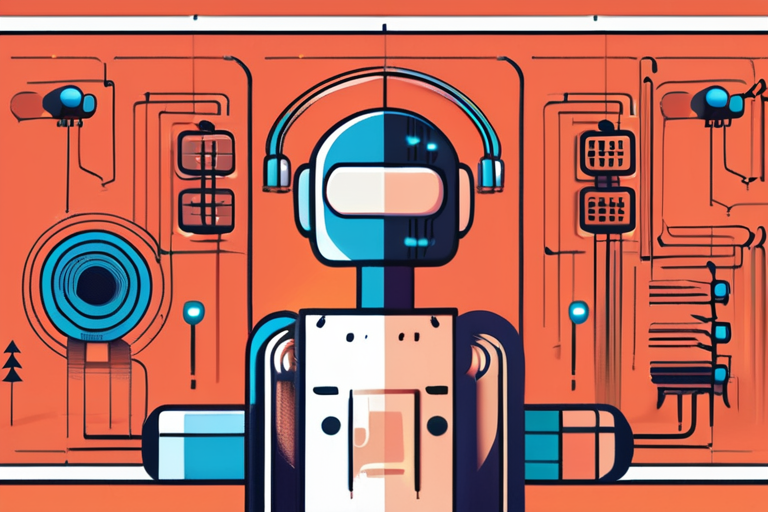


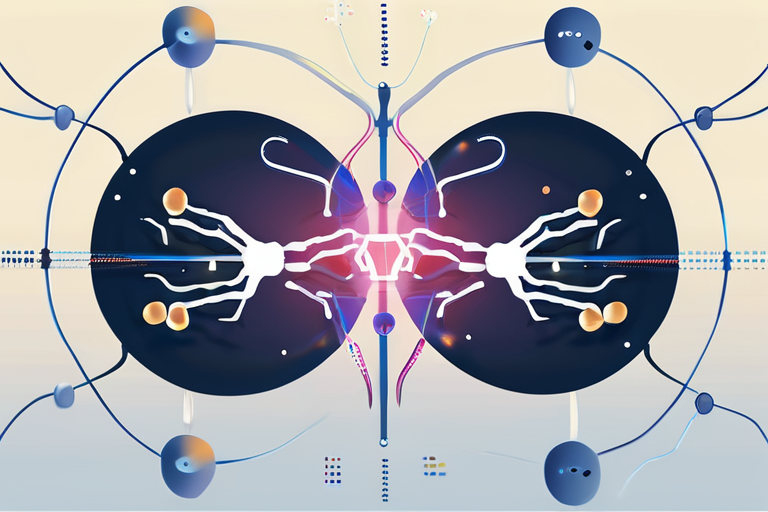
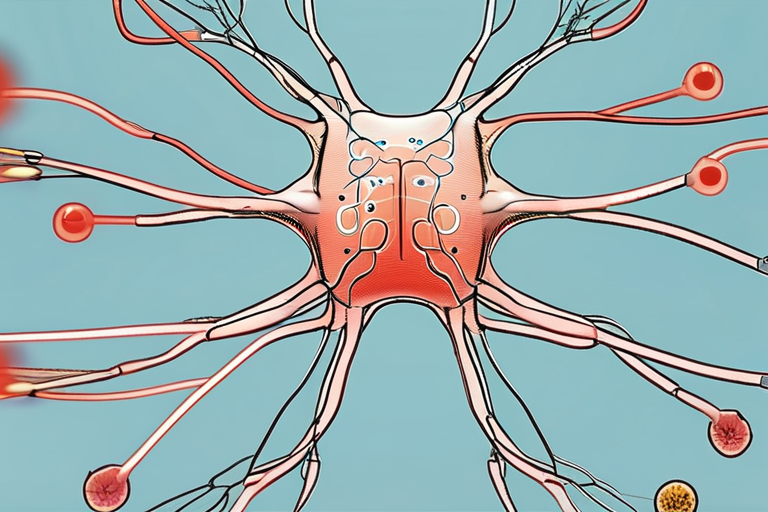


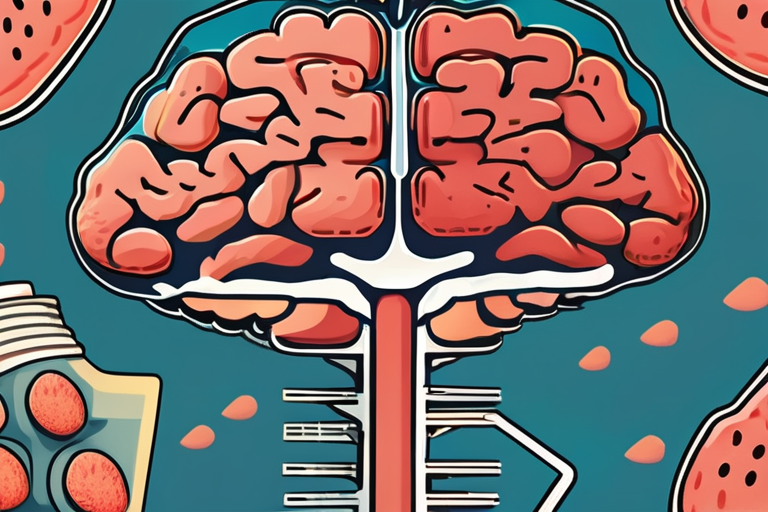
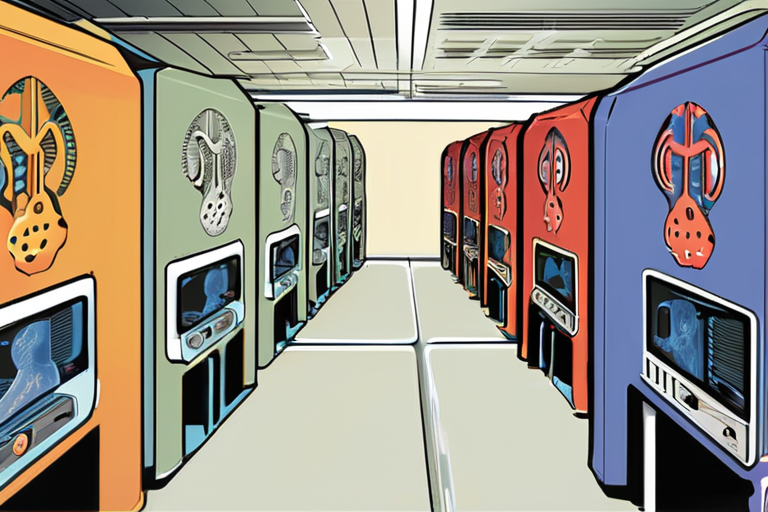
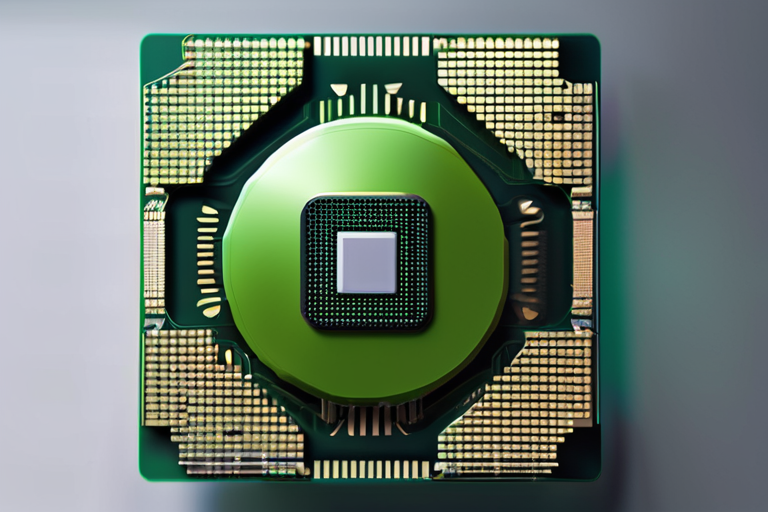



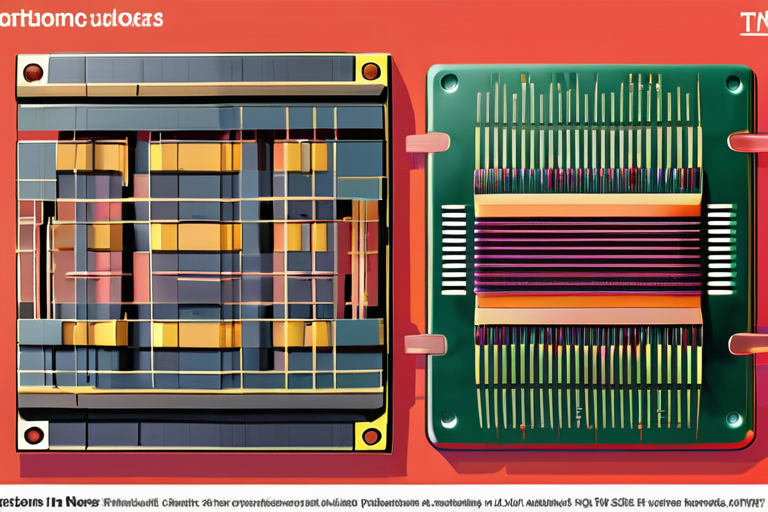
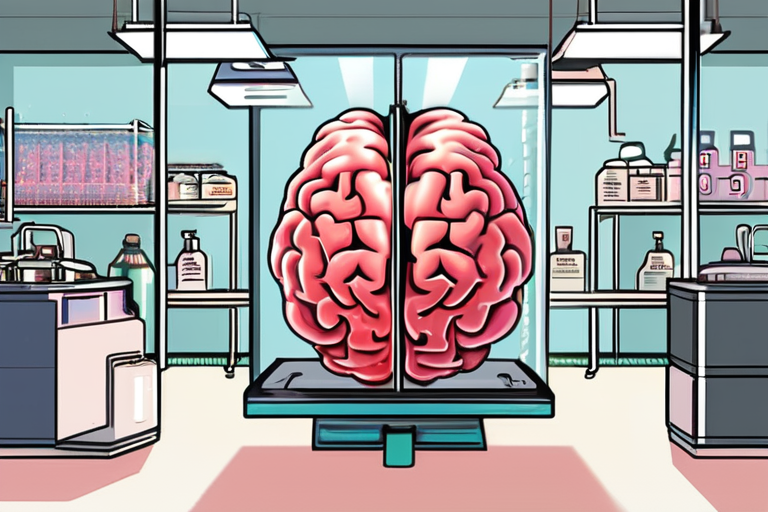
Share & Engage Share
Share this article